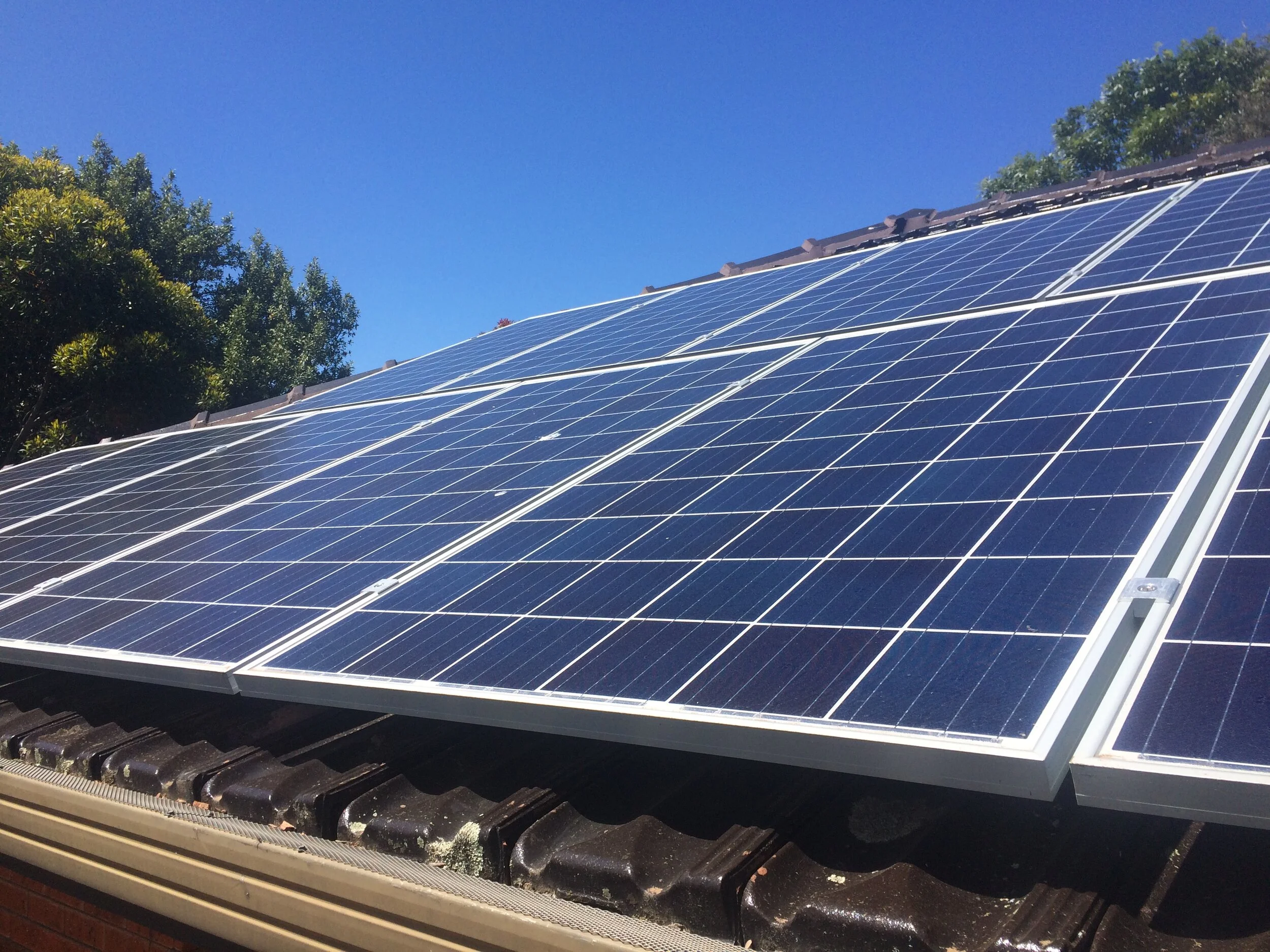neighbourhood battery feasibility study: Clean Energy Nillumbik
Case study: unveiling the potential of community-powered neighborhood batteries
Wave Consulting completed a comprehensive feasibility study into the potential of implementing up to three neighbourhood batteries for the community group, Clean Energy Nillumbik. Located in the north east of Melbourne, the project supported the community group to increase battery storage and reach their goal of 100% renewable energy.
This study led to Clean Energy Nillumbik being one of the first DELWP-funded neighbourhood battery projects in Victoria.
Neighbourhood battery feasibility study
Wurundjeri Woi Wurrung lands, north-east Melbourne
Key facts
1 of only 13 projects funded by Victorian Government’s Neighbourhood Battery Initiative
110-250 kW batteries considered to be located in Eltham streets
The problem
Many community groups recognise that energy storage is critical to increasing local renewable energy production and use.
Clean Energy Nillumbik is no different. However, a challenge that they faced in moving towards an energy storage solution was understanding and documenting the exact benefit, model, size, operation and level of local community interest in a neighbourhood battery.
Most communities are supportive of neighbourhood batteries. But they also want to know what it will cost them, and what it means if they do or don’t have solar panels.
“The Wave team was incredibly good at working through the intracies of this project, and liaising with the community and our technical reference group, to set us up for future funding applications for battery storage.”
The solution
To answer these questions for Clean Energy Nillumbik, we undertook a feasibility study that is now publically available on the Neighbourhood Battery Initiative project page (Stream 1: Projects).
The study uncovered compelling findings about the community:
81% were very interested in buying and selling energy from a community battery
57% thought that batteries on their street was suitable
78% believed that batteries in their suburb was very suitable.
The outcome
The final report provided an in-depth analysis of the energy flows, forecasts, costs and benefits for the installation of a neighbourhood battery in the Nillumbik region. The report also assisted in delivering a better understanding of the potential for neighbourhood batteries to achieve Clean Energy Nillumbik's energy storage goal.
We found that neighbourhood batteries were feasible at two of the three identified locations with an upfront capital investment of about $750,000 for three batteries.
While in most instances neighbourhood batteries were feasible for the community group (based on energy arbitrage and FCAS revenue streams), the impact of ownership and an appropriate tariff that supports 'solar soaking' was critical to proceeding with the design and installations.
As a result of this feasibility study and final report, Clean Energy Nillumbik successfully applied for funding through the Victorian Government’s Neighbourhood Battery Initiative. It was one of only 13 neighbourhood battery projects that recieved funding in 2021.
Need a community energy solution?
Contact us to explore how we can help.













